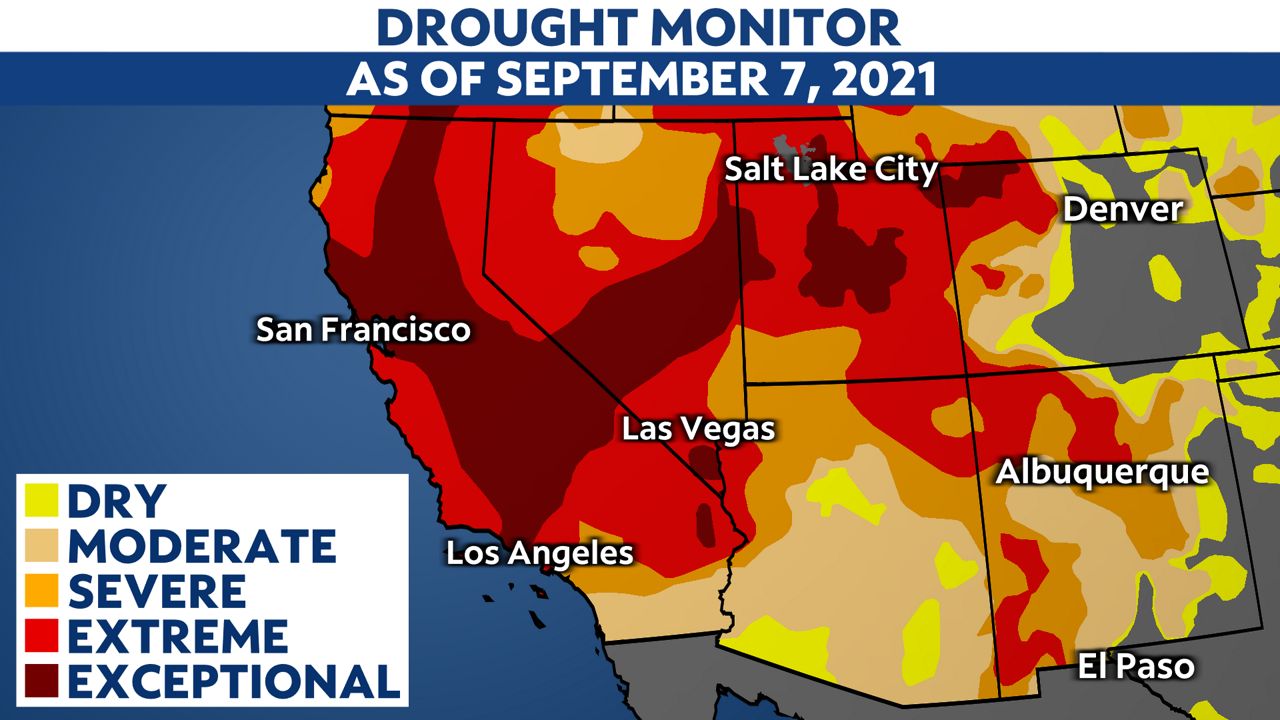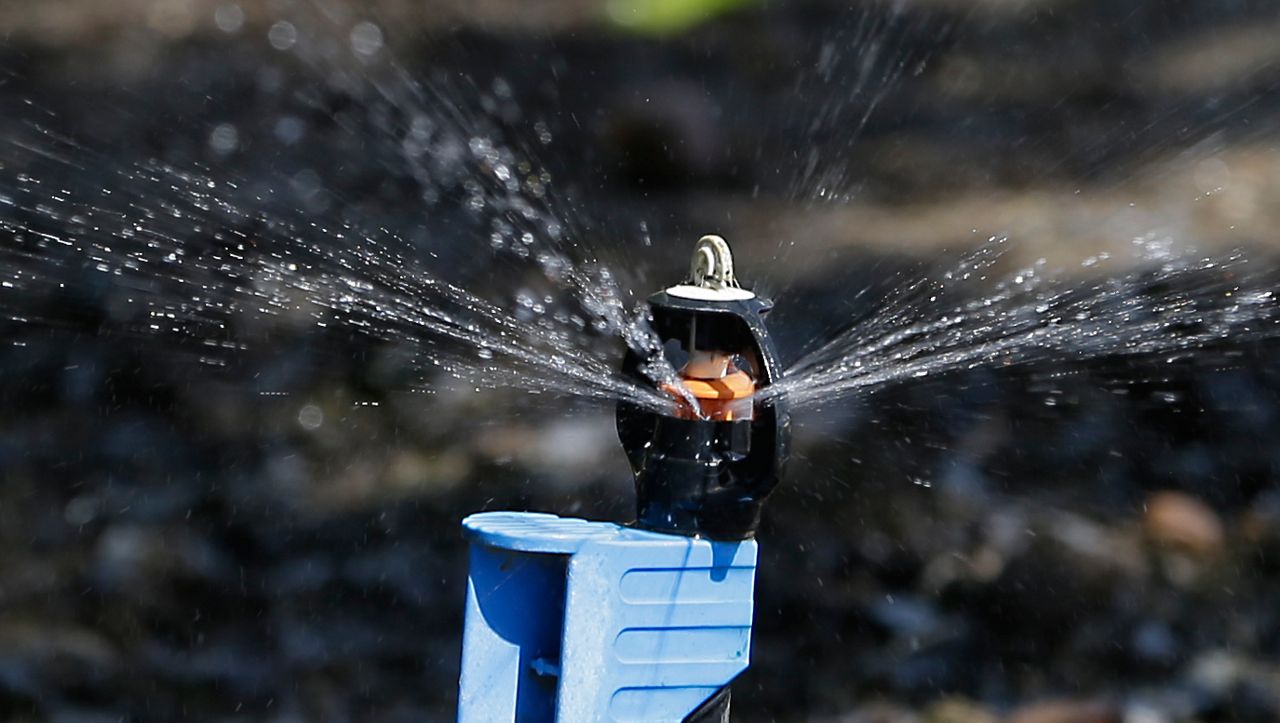California is in a drought, with almost half of the state in exceptional drought, the worst level of drought intensity.
With a situation this significant, many areas of the state are being asked to cut down on water usage. Water is one of Earth’s most valuable resources, and we can’t live without it, which is why every drop counts right now.

There are a million and one ways to conserve water in your daily life, and it’s an important step to preserve our environment.
We use water every single day of our lives, even if we don’t realize it. It’s used for bathing, cooking, washing, cleaning and growing most of the food we eat. On top of that, all living and breathing beings need drinking water to survive.
Conserving water can even pay off in the long run, literally. You will save money on your water bills by using less and being smart with your water usage.
- You can start by updating your appliances to those that are water and energy-efficient (dishwasher, washing machine, low-flush toilet, low-flow showerhead, etc.)
- Instead of using the garbage disposal (which needs running water to dispose of the food waste), throw the food into the garbage or even start composting
- Take shorter showers and turn off the water when you don’t need it on, for example, when you are soaping up, scrubbing shampoo or conditioner through your hair, or even while shaving
- That also goes for when you brush your teeth - don’t let the faucet run, and make sure the water is off until you need to rinse your mouth
- Run the washing machine and dishwasher only when they are full
- Defrost food in other ways besides running it under warm water
- When out at a restaurant, only ask for water if you will be drinking the entire glass. If you are at home and don’t finish a glass or bottle of water, use that for indoor or outdoor plants instead of tossing it down the drain
- Plant drought-tolerant plants, grasses and trees around your home. They will not need as much water to survive, and they will also probably hold up better through the drier months
- Consider installing artificial turf instead of real grass, which would mean less water, less maintenance and overall less money in the long run
- Position sprinklers so they only water greenery, and only turn them on when necessary - during the overnight, early morning, or late night hours rather than in the middle of the afternoon. Heavy rain during the winter months also means less sprinkler usage
- If you install a water-efficient irrigation system, such as a drip system, you will have way less water loss than you would with sprinklers
- Be sure to adjust irrigation systems as the seasons change, and invest in a moisture meter to track how moist the soil is. Better yet, you can invest in a smart irrigation controller and that will automatically adjust settings based on weather conditions
- Avoid installing decorative pieces such as waterfalls, fountains, etc., unless the water in those is recycled
- Invest and set up rainwater harvesting bins on your property where you can collect and store natural water and use it later for cleaning and gardening purposes
- Use a bucket of water to wash your car instead of using a hose, or get a nozzle that has a lighter flow of water. Wash your car on or near grass or plants so they get watered at the same time. An alternative is to go to a car wash that recycles the water
As I started writing this blog, I realized all the bad habits I have that involve wasting water. To me, it felt like these were minor instances, but over time, this can add up to a lot of wastefulness.
Imagine if everyone implemented water conservation methods into everyday life and how much water we could all save collectively.
Let’s all make an effort to adopt a water-conscious lifestyle and use water wisely for the sake of our state and planet as a whole.



